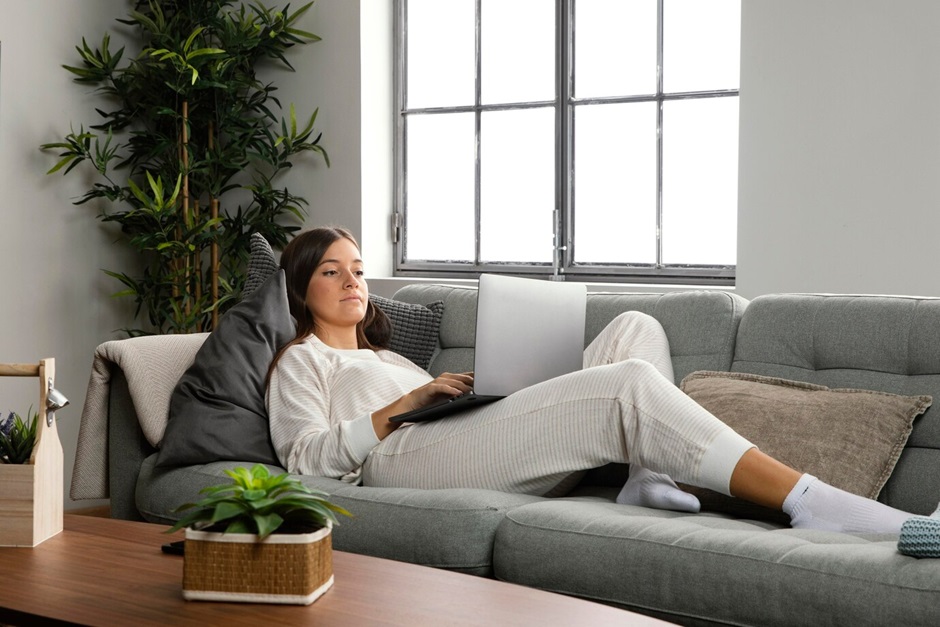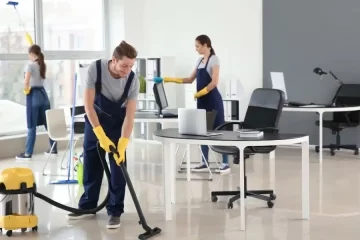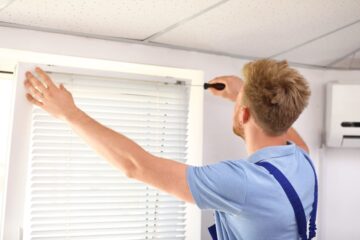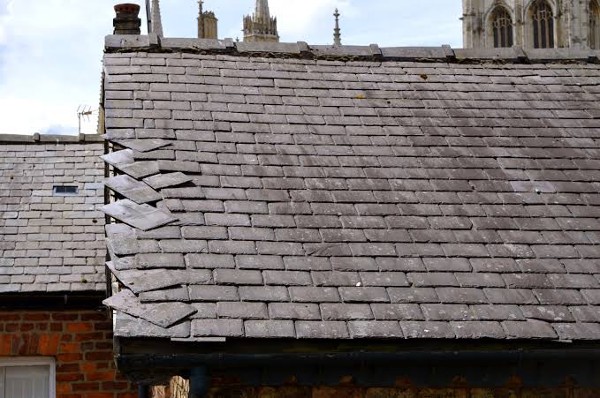6-Ways to Improve Indoor Air Quality

Families’ health depends on indoor air quality, as Americans spend 90% of their time indoors. In indoor environments, pollutants are frequently two to five times higher than outdoor concentrations.
Despite being invisible to the human eye, poor indoor air quality can negatively impact health. It can significantly affect young children, older adults, and those with lung disease. You can dramatically improve indoor air quality today by implementing preventative maintenance and basic knowledge.
Here, we will discuss six ways to improve indoor air quality.
Regular Air Conditioner Vent Cleaning
Regular air conditioner vent cleaning alleviates the buildup of pollutants, improving indoor air quality and protecting inhabitants’ health. This preparation is vital for decreasing potential health dangers related to poor air quality. In that way, it promotes an improved, more productive environment and sustainable building management.
Air conditioner vent cleaning eliminates pollutants like dust, debris, and mold from the HVAC system and linked ductwork. These pollutants collect over time, causing poor indoor air quality and potential health dangers. Regular air conditioner vent cleaning can help decrease these dangers and improve indoor air quality.
Regular HVAC Repair
The hotter months usually increase indoor air pollution due to stagnant air and greater use of air conditioners. Polluted air exposure exposes individuals and families to various health problems, such as eye irritation, headache, respiratory issues, and cardiovascular disease.
If you desire better air quality in your home, you should consider scheduling routine HVAC repairs. An HVAC filter’s main purpose is to stop dust from entering your heating and cooling system, but it also affects the air quality in your home.
Since the filter is the first thing your system’s air passes through, a cleaner filter means cleaner air. An hvac repair mechanic will ensure your air filter is clean and in good condition.
Change Your Filters
If you have a forced-air heating system, be confident to change the filters frequently. By trapping dust and other airborne irritants, electrostatic filters can help ensure they don’t recirculate throughout your home.
You may also be thinking about cleaning your ducts to remove dust buildup. This works in certain situations, but it’s only sometimes a good idea.
Control Humidity
Humid and moist environments breed mold and mildew that can cause respiratory problems like allergies and asthma. Depending on your position, the warm summer months can convey exclusively humid conditions.
With a few well-placed dehumidifiers, you can decrease the air’s moisture and control the development of irritating molds. There is a diversity of humidifier choices that will help uphold reliable humidity levels and generate comfortable living environments in your home.
Air Cleaners
The market offers air cleaners, from affordable tabletop models to sophisticated, expensive whole-house systems. Some air cleaners are highly effective at particle removal, while others, like most tabletop models, are far less so. Air cleaners are usually not considered for eliminating gaseous pollutants.
The effectiveness of an air cleaner depends on its ability to collect pollutants and draw air through the filtering element. And its long-term performance depends on proper maintenance.
Another vital factor in defining the effectiveness of an air cleaner is the strength of the pollutant basis. Tabletop air cleaners, in particular, may not eliminate suitable amounts of pollutants from robust adjacent sources. Individuals with specific sensitivities may find air cleaners beneficial only when combined with a comprehensive effort to eliminate the source.










